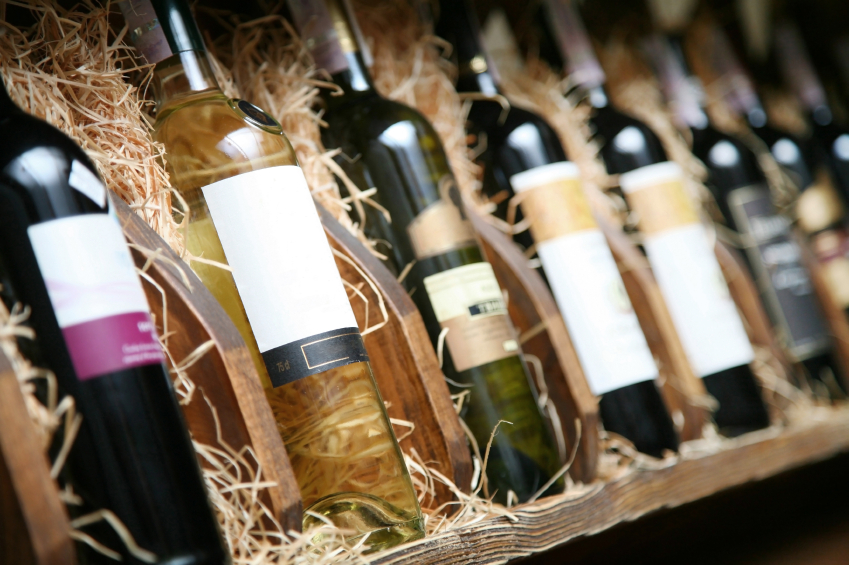Private labeling of wine at restaurants, clubs or hotel properties can be incredibly lucrative but it also comes with its own set of challenges and caveats. Operators all over the world are already engaged in this ‘curated wines’ practices, and so to answer the titular question: a resounding yes! You should definitely have your own branded wine – one red and one white for a start, and with no premium options – as long as you understand what you are getting into as it is far from a catch-all solution.
Let’s start with the positives. Private labeling gives you complete control from a pricing perspective, allowing you to avoid comparison shopping on the menu because it’s a product that’s unique to only you. That and your margins will be better.
Second and even more significant are its effects towards brand reinforcement. Private labeling means putting your property’s name on one more touch point with the consumer, especially one that is connected to a sense beyond mere sight (taste, smell and touch if they pick the bottle up). This brand reinforcement can be further amplified by offering your private label as a gratis, in-room amenity or for client gifting. Dovetailing this are the opportunities to expand your brand presence via social media – that is, whenever someone screenshots your label.
The biggest red flag (aside from staining a white cloth in red wine and tying it around a stick) is that private labeling, if done properly, will cannibalize sales away from other bottles on the list. Then there’s the potential that such a venture will tarnish your reputation given that the most common perception of private labels is that of table wines or low-end stock.
While examples certainly exist at the high end, it will take a lot to change people’s minds, especially if you are operating in the haute cuisine or luxury space. I’d recommend that you position your private label not as the lowest retail option but somewhere around the top of bottom quartile of your wine list so that it appeals to neophytes as well as to the more sophisticated drinkers in need of a quick and palatable glass or two.
This is a very broad introduction to the subject of private label, and if you are at least convinced, reach out to local wineries and vineyards to see if a partner is possible. And as an extension, consider that this doesn’t have to pertain only to wine, particularly if your hotel isn’t located in or near a growing region. How about in-house private label cheeses? Ditto for breads, snacks, chocolates, confectionaries or whatever else best suites your brand.
(Article by Larry Mogelonsky, published by HotelsMag on March 18,2016).
